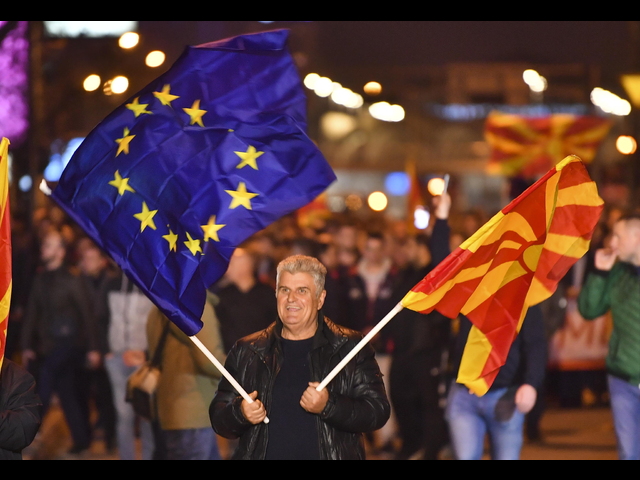
(ANSA) - SOFIA, 10 LUG - Bulgarian media today called "insolent and provocative" the remarks of North Macedonian Prime Minister Hristijan Mickoski, who claimed that Bulgaria was behind changes to the European Parliament's report on Skopje that deleted references to the "Macedonian language" and "Macedonian identity" found in the original draft. The report assesses Skopje's progress in negotiations to join the EU. According to Mickoski, Sofia explicitly requested those edits. "Bulgaria acted against us—Bulgaria blocks North Macedonia's European path," the prime minister told a press conference. Bulgaria's Foreign Ministry issued a statement noting that it "takes note of the resolution adopted by the European Parliament, which prevented the institution from being drawn into North Macedonia's attempts at political instrumentalization aimed at evading the obligations arising from the so-called '2022 European compromise.' In the context of EU enlargement, issues of identity and language should be addressed within the realm of scientific and academic discourse, as they fall outside the institutional assessment of candidate countries' progress against objective, measurable accession criteria by their very nature. "With this decision," the statement continued, "the European Parliament has reaffirmed its role as an impartial and independent body committed to monitoring reforms in North Macedonia. Of particular importance are its findings on the rule of law, the protection of fundamental rights and freedoms, the functioning of democratic institutions, the implementation of key reforms, and the fulfillment of contractual commitments. These are precisely the areas on which Skopje's authorities should focus if EU integration remains their goal." Sofia accuses Skopje of failing to honor the 2017 Friendship and Good-Neighborliness Treaty, distorting historical truth by claiming historical figures regarded by Bulgaria as part of its heritage, denying the rights of ethnic Bulgarians living in North Macedonia, and inciting hatred against Bulgarians. Bulgaria also does not recognize Macedonian as a separate language, viewing it instead as a dialect of Bulgarian. For these reasons, Bulgaria—an EU member since 2007—continues to block Skopje's EU accession talks, demanding that North Macedonia's constitutional preamble include a reference to the Bulgarian minority. (ANSA).
